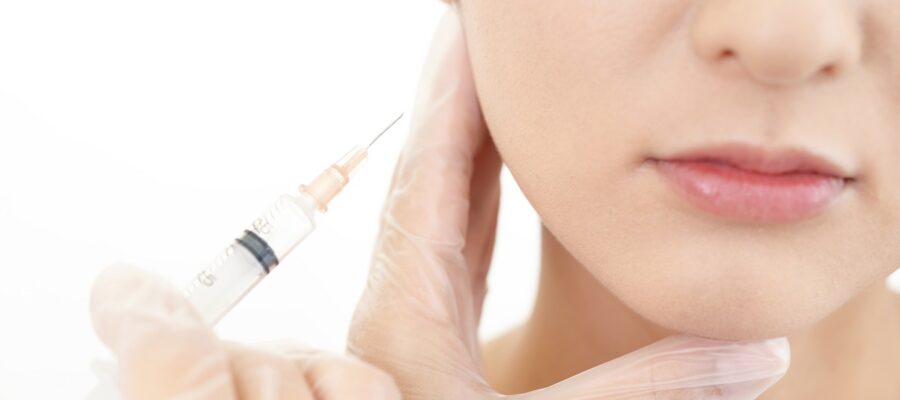
Botox for TMJ: It’s Not Just a Cosmetic Treatment

Are you experiencing pain or discomfort in your temporomandibular joint (TMJ)? If you are, you have a number of treatment options. One option that you may be surprised to learn about is Botox injections. Here, Dr. Ivan Stein and Dr. Allan Stein of Headache & TMJ Center of New Jersey discuss how Botox can help to relieve the symptoms of TMJ disorder.
What Is TMJ Disorder?
TMJ disorder is caused by chronic stress on the TMJ, which is often the result of a misaligned bite or jaw muscle imbalance. TMJ disorder can present with a number of symptoms including jaw pain, a clicking noise in the jaw and difficulty opening the mouth widely. TMJ disorder can interfere with a person’s daily life.
What Is Botox?
You have probably heard of Botox. It is a popular injectable treatment often used for cosmetic treatments to improve the appearance of the face. Botox can temporarily reduce the appearance of the following:
- Severe frown lines
- Crow’s feet
- Forehead lines
Botox injections block certain chemical signals from nerves; these signals cause specific facial muscles to contract. Injecting Botox into the muscles temporarily relaxes them. When injected into targeted areas of the face, it can provide cosmetic benefits.
Botox injections are also used to treat a number of other conditions, including excessive sweating, overactive bladder, migraine headaches and TMJ disorder.
Botox for TMJ Disorder
TMJ disorder can make life difficult. A person with TMJ disorder can have difficulty eating, swallowing, talking and even making certain facial expressions. TMJ disorder can cause chronic jaw pain, headaches and teeth grinding. Most treatments for TMJ disorder incorporate a variety of modalities and may include Botox.
Botox injections for TMJ disorder are administered in a similar manner to Botox injections for cosmetic purposes — meaning small amounts of Botox are injected into specific areas of the face and jaw. Depending on the TMJ disorder symptoms, Botox may be injected into the forehead, jaw muscles and/or temples. The injections will cause the muscles to relax and will provide temporary pain relief and a reduction in other TMJ disorder symptoms.
Botox injections are not permanent. The results do wear off and patients will need repeated injections to continue to benefit from treatment. The effects last an average of three to six months.
Speak To the West Orange TMJ Specialists
You don’t have to live with your painful or bothersome TMJ symptoms. If you are ready to explore your options for TMJ treatment, including Botox, contact Headache & TMJ Center of New Jersey today. Call 855-TMJ-DOCS to schedule an appointment with Dr. Stein and Dr. Stein.

